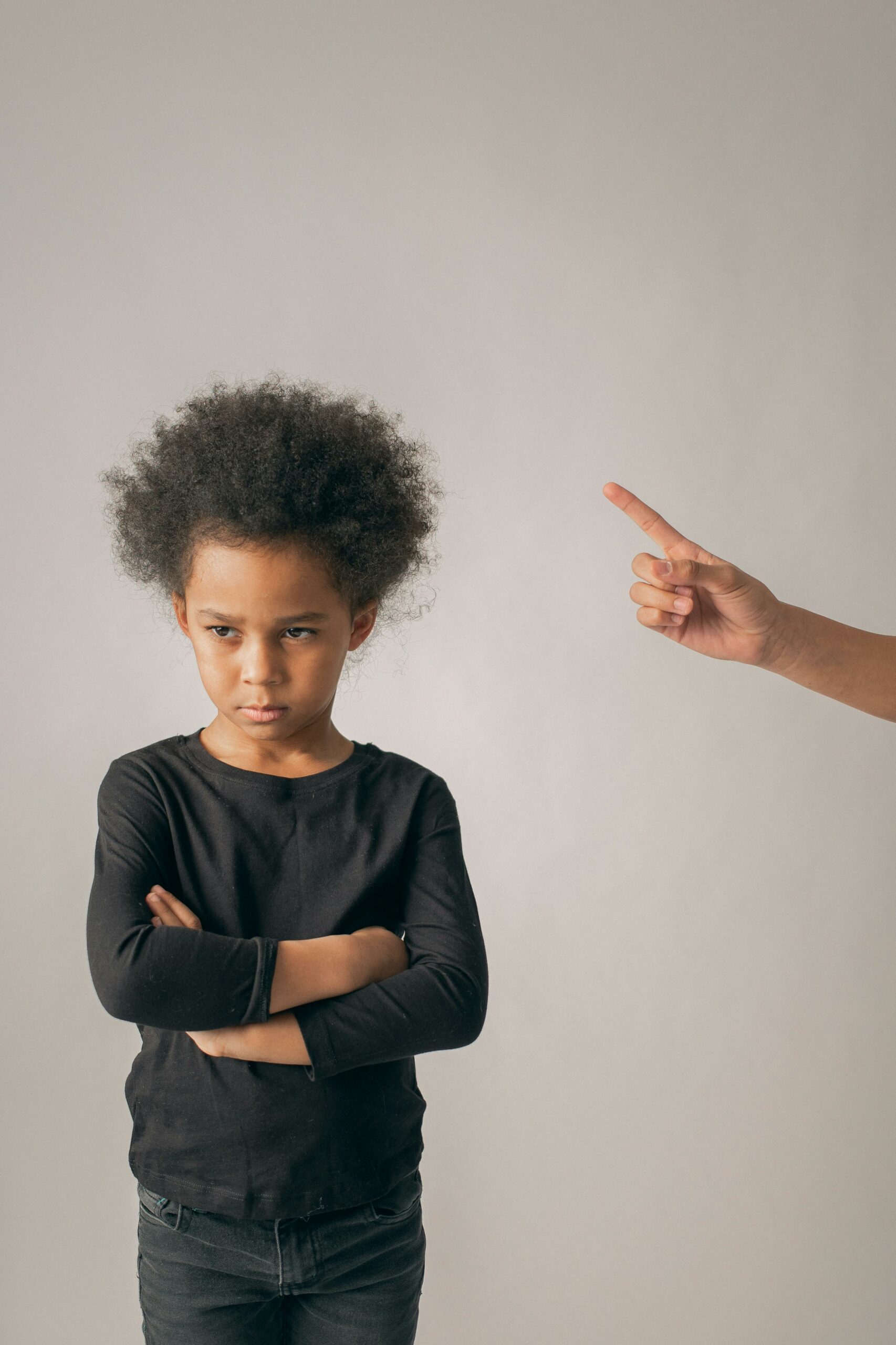Features
Fortune Kpalukwu: The Psychological Impact of Authoritarian Parenting on the African Child

A few weeks ago, while trying to cook dinner, I hopped on a casual group call with my friends. What began as light-hearted banter spiralled into a deep reality check when we started talking about the African “authoritarian” parenting style—how it’s often normalised, rarely questioned, and how deeply it can impact a child’s psychological development.
Days later, I found myself deep in research. The more I read, the more my heart bled. The facts were loud, and the silence around them even more deafening. I’m writing this article to inform, and confront a system many of us grew up in, often passed off as discipline, but may be damaging. Dr Myles Munroe said, “Generational ignorance is a thing, and it can be passed down.” If we don’t talk about this now, we’ll keep passing down trauma, calling it parenting.
How Does Authoritarian Parenting Impact a Child’s Psychology?
Parenting plays a vital role in a child’s emotional, social, and behavioural development. While parents want the best for their children, certain parenting approaches can hinder emotional development, suppress individuality, and foster fear instead of confidence. Although the three primary parenting styles—authoritarian, permissive, and authoritative—each influence a child’s abilities, we will focus on the authoritarian style, which is one of the most common approaches in African households. This style often leads to children who appear well-behaved and obedient on the outside but experience emotional neglect and confusion on the inside. As adults, they may know how to follow rules but struggle to express their emotions and establish healthy boundaries.
Some parents are themselves a product of these systems, shaped by social prejudices, religious misinterpretations, trauma, and unhealed wounds. These personal issues often manifest in their parenting, consciously or not.
A study conducted among undergraduate students in Ogun State, Nigeria, revealed a significant link between authoritarian parenting and risky behavioural tendencies among young adults and teenagers. This approach—characterised by rigid rules, one-way communication, and minimal warmth—has been shown to foster anxiety, low self-esteem, and poor social skills.
Female children tend to bear the brunt of these effects more severely than their male counterparts. They are raised to be tough, to take on the role of assistant parents to their brothers, and to prepare for life as wives rather than being allowed to simply be girls. They are taught to serve and to treat their brothers as they would their future husbands. The message they receive is that their worth and the essence of their existence lie in becoming wives. They are frequently cautioned with questions like, “Is this how you will behave in your husband’s house?”
I asked people (male and female) to share their experiences growing up in an African household, and they all shared the same underlying issue: emotional neglect.
Someone told me they don’t even believe in introversion because they believe it was imposed on us, developed after being constantly kept indoors and silenced as children. While introversion is a genuine personality trait, he wasn’t wrong. There’s a concept called adaptive introversion—a learnt behaviour where a child develops an alternative version of themselves to survive their environment. It occurs when children are silenced, shamed, or repeatedly made to feel that speaking up labels them as disrespectful. As a result, they shrink, conform and perform as the good child.
Many African parents are unaware and may never truly realise who their children are, because their children do not feel emotionally safe enough to be vulnerable or develop a connection with them, which is a sad reality after they’ve provided the basic needs: shelter, food, clothes and some financial support. They believe their job as parents is done. Neglecting the child’s essential need for emotional support.
Many African parents never engaged in genuine conversations with us, whether as teenagers or adults. There was a lack of warmth and empathy, replaced instead with a long list of dos and don’ts. Topics such as sex, puberty, emotions, and identity were rarely discussed. We received only instructions, without explanations or context. We were often told, “You’ll understand when you grow up, but for now, just listen because I know better.”
As children, we eagerly looked forward to growing up, believing that adulthood would bring us freedom. However, in many African households, that freedom often has to be fought for through rebellion. In numerous homes, children seldom have a close relationship with their parents, which creates a significant emotional gap between them.
Many of us do not realise the effects of the emotional gap until we reach adulthood. Beyond childhood, it extends into the dynamics of our friendships, relationships, and overall well-being. We often struggle to express our emotions, even when we are mistreated. Although we might label this behaviour as peacekeeping, it typically stems from fear–fear of being labelled disrespectful. Fear of abandonment. It reflects in the way we apologise and remain where love doesn’t exist.
This is not a call for blame, but to highlight this fragile system. What’s the way forward? How do we raise children in confinement and expect them to be confident when they grow up?
***
Featured Image by Monstera Production for Pexels














